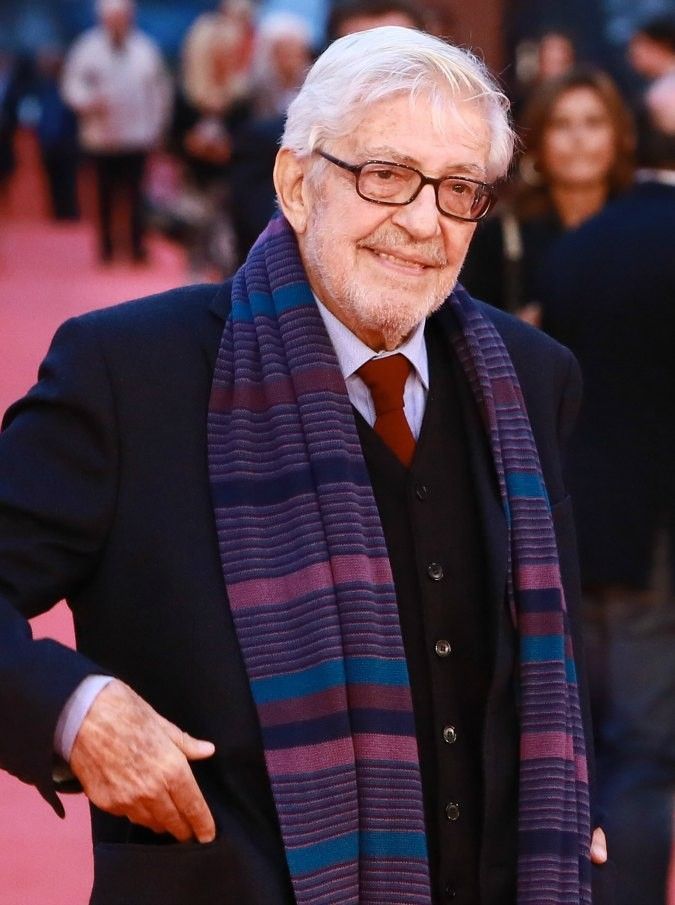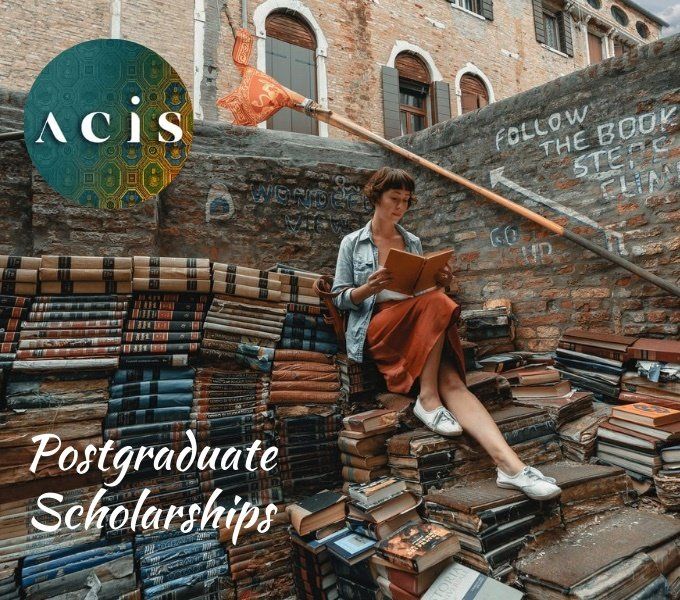Vale Ettore Scola (1931-2016)

Italian director Ettore Scola posing on the red carpet during the 10th Rome Film Festival in Rome, 18 October, 2015.
All Italianists and indeed film-lovers everywhere will have been saddened by the news of the recent death of Ettore Scola - 'il poeta che amava la democrazia' - in Rome on 19 January 2016. Coming after the deaths of Mario Monicelli in 2010 and Carlo LIzzani in 2013, Scola's passing marks the definitive end of the era of the great screenwriter-directors of the golden age of Italian post-war cinema.
Born at Avellino in Campania in 1931, Scola moved to Rome in the immediate post-war years and enrolled first in medicine and then in law at the University of Rome. His patent talent for comic sketches and cartoons, however, soon drew him to work for the satirical magazine, Marc’Aurelio. There he met and befriended a host of other comic writers and cartoonists who would later become leading figures in the Italian film industry, including Stefano Vanzina (Steno), Cesare Zavattini, Federico Fellini, Furio Scarpelli and Ruggero Maccari. Beginning in the 1950s, often in partnership with Maccari and later Scarpelli, he penned the screenplays of dozens of award-winning comic films, collaborating with many of the foremost directors of the period in creating the much-loved home-grown genre of the commedia all’italiana . In 1964 he made his own directorial debut with Se permettete parliamo di donne (Let’s Talk About Women), a series of mordant comic sketches highlighting the defects of the Italian male, incarnated by Scola’s favourite actor, Vittorio Gassman. In the early 1970s he made several more overtly-political films before directing what for many is both his most accomplished film and one of the highest points of the comedy Italian-style, C’eravamo tanto amati (We All Loved Each Other So Much, 1974). Already renowned in Italy and throughout Europe as a first-rate director of comedies, in 1977 he achieved international fame with what has remained his most critically-acclaimed film, Una giornata particolare (A Special Day). The moving story of a chance encounter between a harried housewife (Sophia Loren) and a homosexual radio journalist (Marcello Mastroianni) on a rather particular day in Fascist Italy, the film received a slew of awards, including two Academy Award nominations and a nomination for the Cannes Palme d’or.
Appearing generally unaffected by the crisis that decimated the Italian film industry in the following two decades, Scola was able to direct another dozen fine films. After experimenting with digital film in Gente di Roma (People of Rome, 2003), an affectionate portrait of some of Rome’s zanier inhabitants written in collaboration with his two daughters, Paola and Silvia, Scola quietly withdrew from active filmmaking for the next decade although he had recently returned to the Cinecittà studios in order to film Che strano chiamarsi Federico (How Strange To Be Named Federico, 2013), a fictional documentary celebrating Federico Fellini and the other denizens of the Marc’Aurelio of the early days.
While lamenting his passing, all lovers of Italian cinema will undoubtedly light a mental candle to his memory in gratitude for so many wonderful films. Vale Ettore Scola.
Share this:
- Share on Tumblr
- </div></li><li class="share-end"/><li class="share-reddit"><div class="reddit_button"><iframe src="https://www.reddit.com/static/button/button1.html?newwindow=true&width=120&url=https%3A%2F%2Facis.org.au%2F2016%2F01%2F21%2Fvale-ettore-scola-1931-2016%2F&title=Vale%20Ettore%20Scola%20%281931-2016%29" height="22" width="120" scrolling="no" frameborder="0"/></div></li><li class="share-end"/></ul></div></div></div></div></div> <div id="jp-relatedposts" class="jp-relatedposts"> <h3 class="jp-relatedposts-headline"><em>Related</em></h3> </div></div> </div>








